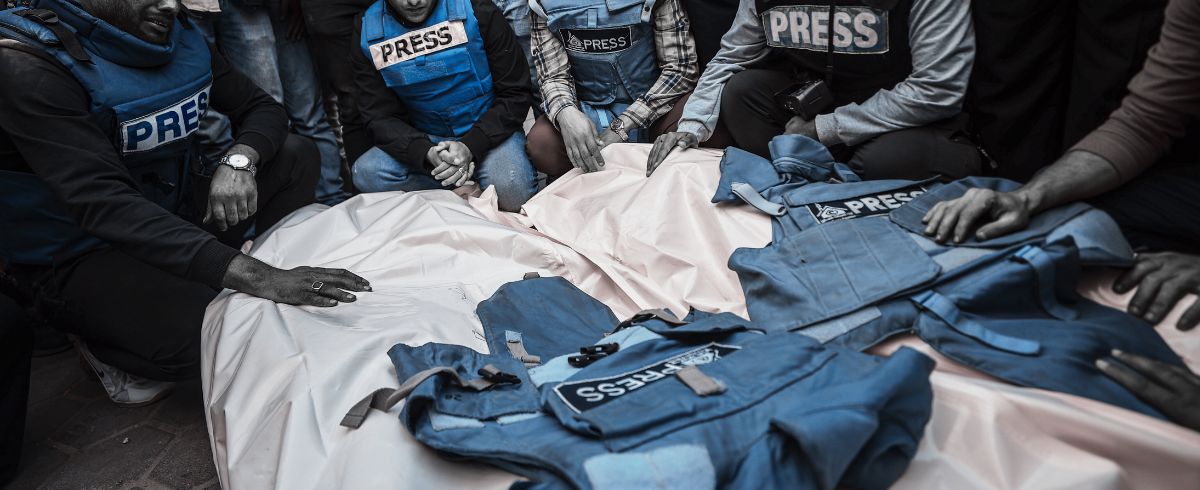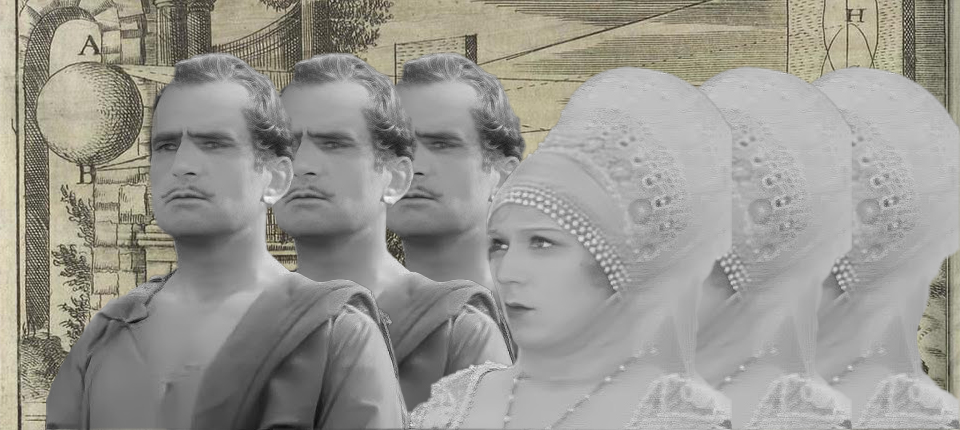The memoir My Good Bright Wolf avoids the first person in favour of the second. But that “you” does not refer to the reader; it refers to the author, Sarah Moss. “You didn’t have a daily allocation, just as few [calories] as possible”, she writes as she tells herself the story of her long-term battle with anorexia nervosa. “Zero would have been ideal.” This is not, however, the only narrative voice. There is also a chorus of “ancestral voices” that fill the narrator’s head. These are italicized, their words harsh and critical: “Not everything you inherited was terrible, do you ever think about that?” They compete with Moss and the story she tells, and, somewhere in the midst of all of this, a life unfolds. Whose voice to believe is up to the reader.
An academic as well as a novelist, Moss was born in Glasgow in 1975 – to the “Owl”, her “American-Scottish-Latvian-Russian-Ukrainian” father, and the “Jumbly Girl”, who was from Leeds. The Owl had a PhD in social science and the Jumbly Girl had one in medieval art. From the outset Moss’s existence posed a challenge. For one thing, she closely resembled her father’s mother (“A man can cross oceans and change his name and renounce his faith but he cannot stop his daughter being like his mother”). She was also “Bad at milk, bad at sleep”, and made her mother unhappy. Moss’s younger brother was, by contrast, the “Angel Boy”. The family eventually settled in the north of England, where the Jumbly Girl’s PhD went “mouldy while she made clothes and kneaded bread”. The story-book character names are in stark contrast to the subject matter; and the image of the wolf, which recurs throughout the book (“Your wolf walked at your side”) is by turns menacing, representing Moss’s eating disorder or the worst of the ancestral voices, and reassuring.
Those voices might be understood as the internalized voice of her parents (“You don’t deserve any of it, you never did deserve any of it, everything lavished on you and you’re still crazy and greedy and lying and lying and lying”). Her parents were ascetic: “They did not believe in luxury partly because they had always had, had always trusted that they would have, sufficiency. They could afford plain living and high thinking because they had a safety net”. The family would go on hiking and camping trips, packing almost nothing and relying on a service-station breakfast to get through the weekend. Moss’s mother’s uncomfortable relationship with her weight and her body is never far from the picture (“it’s a pity she’s so fat, you overheard your grandmother say to a friend who was praising the Jumbly Girl’s PhD”). Moss observes at one point that “Your only power as a dependant is to hurt yourself harder first”. She can’t control much in her life, but she can read her way into a good university and starve herself into almost non-existence.
After a diagnosis in childhood we witness Moss’s disease evolving as she goes to the University of Oxford, earns a PhD, gets married and has two sons. It is at its most severe during the pandemic, when she goes on marathon-length runs while subsisting on as little food as possible, ruthlessly critiquing herself as she does so. She listens to podcasts about the negative impact of sugar, on intermittent fasting and fat-burning; the podcasts join the chorus of voices, telling her that everything she is and does is wrong. “Training on an empty stomach turns out to be beneficial on many levels … if you’re burning fat, don’t forget, you’re not storing it.” Moss is by now gaunt and losing her voice. She experiences dizzy spells and frequently has to rest while climbing stairs. She has also lost the ability to write fiction. Her husband and doctor tell her that she must go to hospital. She refuses the dextrose tablets she is offered because she is afraid of sugar. Her heart, liver and kidneys are “showing signs of failure” and the doctors inform her that she is at “immediate risk of death”. When she tells the physician that she has cycled to A&E, he winces and asks, “do you think that was a good idea?”
Moss never lets the reader feel too much sympathy for her; she either has the judgemental panel of voices intervene or assesses her experience through an academic lens. The latter tendency extends to real-life interactions:
You can do a Foucauldian analysis of diet culture. You can correlate the history of British fashions to the waves of feminism, comparing Victorian writing about the corset to 1960s bra-burning. You can explain the relationship between urbanization, social mobility and changing mealtimes in northern Europe from the seventeenth century onwards … This is all very interesting, your therapist says, but you can’t think your way out of an eating disorder.
In hospital she reaches a new level of austerity, having ceased to experience thirst or hunger cues:
This, she thought, must be the state enjoyed and promised by the Owl and the obesity experts and the men of reason, greed at last disciplined, hunger silenced, weight under control, the mind all but liberated from the mess and need of the body. This must be how true scholars, true scientists, live their lives, optimised, almost free from the distractions of appetite and the struggle for control.
She has arrived at a kind of disembodiment, yet she is still firmly opposed to care or treatment. Her physician has to convince her to stay in hospital: “Let us find you a bed, he said, you’re here now, you might as well get some of the help you’ve been waiting for”. Despite prolonged treatment and therapy, Moss continues to go through cycles of getting worse before she gets better. Her detailed evocation of her relationship to the disease make her steps towards recovery, in the final pages of the book, little short of transcendent. “No making of art – or love, or war, or peace, or dinner – without a body”, she writes; “no body without food.”
This is not the first book written by or about a highly intelligent woman who has an unhealthy relationship with food, who copes with fear by taking it out on herself; a whole genre has arisen from such narratives, encompassing fiction and memoir. At times Sarah Moss seems to doubt herself (“It’s all in your head”, the chorus sings). But My Good Bright Wolf stands out as a significant achievement, at once piercingly perceptive and melancholic. It can be challenging or impossible, as she powerfully shows, to separate fantasy from reality, mind from body, a woman from the demands and entrapments of society. She concludes that it’s better to harness the forces you struggle with, to summon the wolf yourself, not to plead with it, but to call it into use: “Watch over me, wolf, while I eat”.
Oonagh Devitt Tremblay is a writer based in London and works for the TLS
The post Winning the hunger game appeared first on TLS.

 By Times Literary Supplement | Created at 2024-10-29 21:41:39 | Updated at 2024-10-30 09:16:38
6 days ago
By Times Literary Supplement | Created at 2024-10-29 21:41:39 | Updated at 2024-10-30 09:16:38
6 days ago



